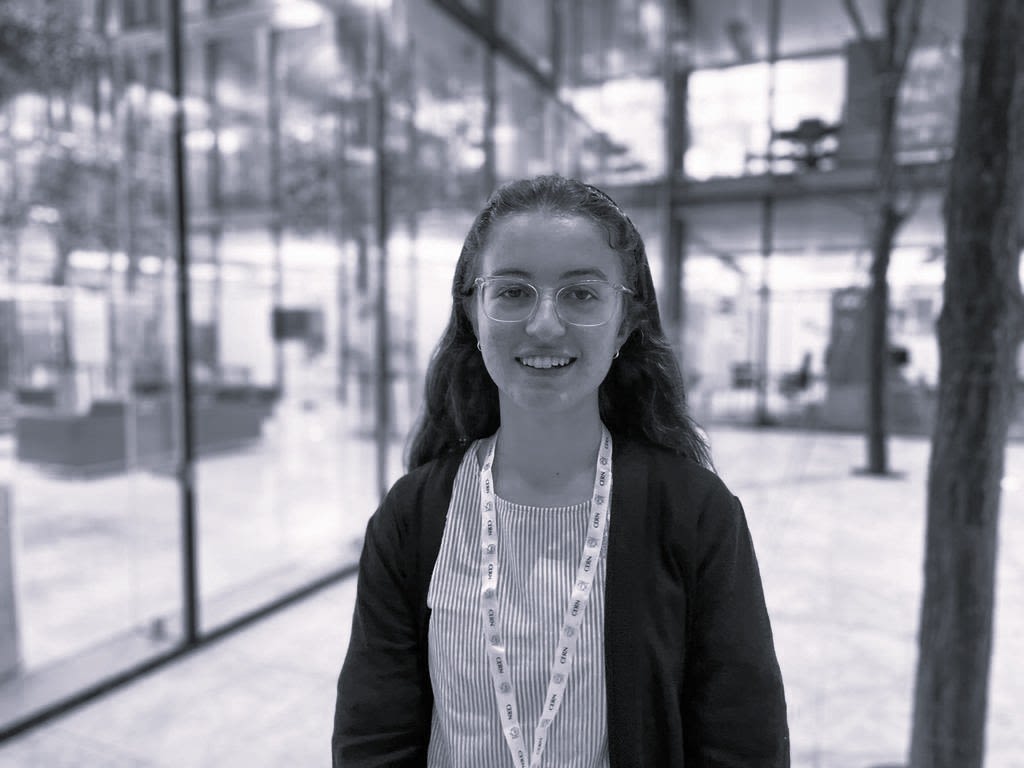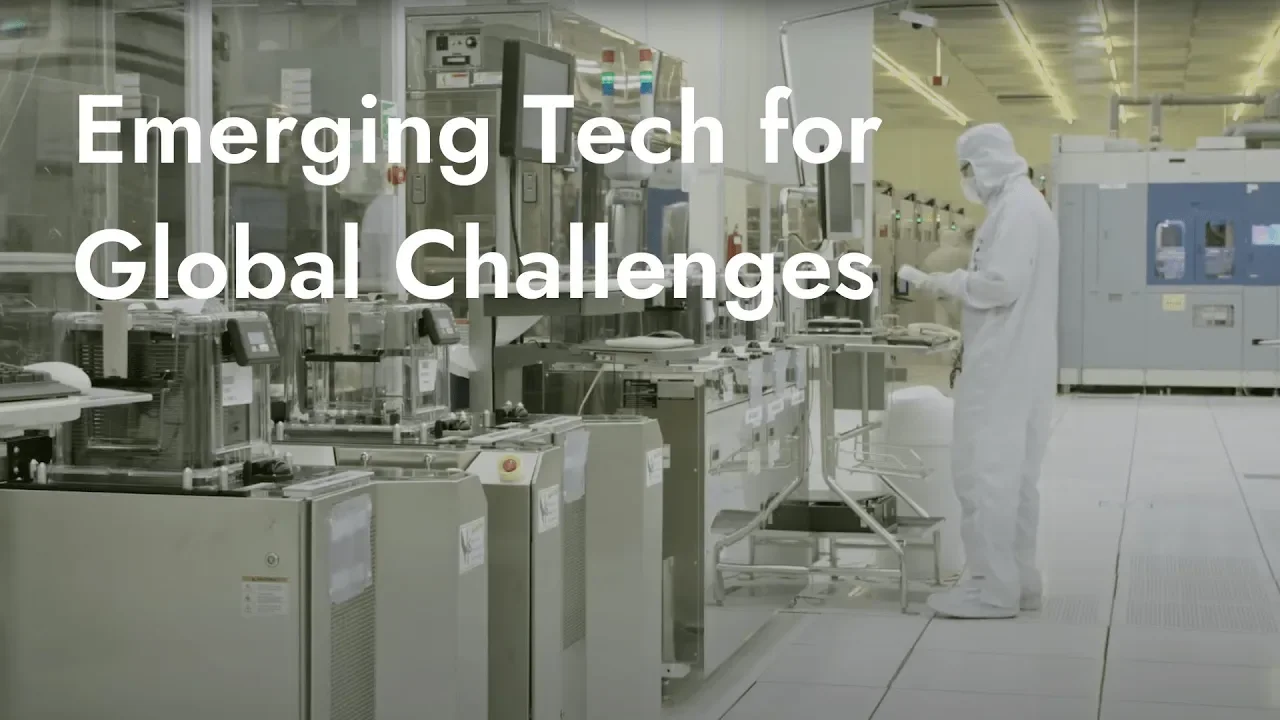The experts on this panel discussed how science, policy, and entrepreneurship can help respond to rapid technological change. The discussions highlighted the need for adaptability and foresight to address the multiple disruptive trends society faces simultaneously. A synthesis of the panelists’ insights and their responses to questions from the audience follows.
The following is the rapporteur report of an expert discussion held during the 2024 GESDA Summit. The author is a Villars Fellow.
Ideas from the Speakers
The Role of Science in Anticipating Technology
The session opened with a discussion on how historical trends shape our current scientific landscape. The speaker highlighted the National Science Foundation’s role in funding research since 1950, contributing to the work of 262 Nobel Prize winners, which reflects the societal impact of investing in science. He emphasized distinguishing applied and non-applied science, pointing out how fundamental research has traditionally led to groundbreaking, unexpected technological advances, such as GPS, which began as a military project before becoming part of everyday life.
The expert also outlined three “mega-trends” in science:
- Over the last decade, industry has tripled its investment in R&D compared to government funding, with significant implications for the openness of scientific collaboration.
- The rapid rise of artificial intelligence is prompting society to reexamine the definition of what it means to be human.
- Scientific diplomacy remains essential despite growing barriers between countries.
Preparing Policymakers for Rapid Technological Change
Building on the scientific foundation, the next speaker turned to the policy sphere, highlighting how governance often struggles to keep pace with innovation. She noted that R&D government agencies often operate on multiyear schedules, while the policymaking world operates in months. The expert emphasized the need to build open and transparent science-policy ecosystems that support ongoing dialogue between scientists and policymakers. Her key takeaway: scientists and policymakers should not wait for crises to communicate.
The Power of Decentralized Innovation
While policymakers work to bridge the gap between research and regulation, entrepreneurial efforts are already demonstrating how bottom-up innovation can offer rapid, adaptable solutions. This speaker provided an entrepreneurial perspective, explaining that decentralized innovation ecosystems are crucial for predicting future challenges. His organization supports startups worldwide, fostering environments in which challenges are shared with the broader community, allowing unexpected solutions to arise. He cited examples such as companies collaborating on oxygen therapies during COVID-19 and using community-driven methods to test toxicology without relying on animal testing. This decentralized approach empowers individuals to address pressing problems and accelerates innovation.
The Importance of International Cooperation and Ethical Policy
Complementing the discussion on local innovation and national policy, the final speaker stressed the need for a global, ethical framework to guide technological development. She emphasized that international treaties are essential to prepare for future developments, such as space exploration. The lack of global agreements on emerging technologies, including artificial intelligence, poses significant risks. She also urged independent institutes to advise policymakers on the ethical implications of technological progress.
Insights from the Audience
The Need for Long-Term Collaboration
One key question from the audience on dogma brought out the necessity of long-term collaboration between scientists and policymakers. One speaker reiterated that collaboration between scientists and policymakers is fundamental and unlikely to change in the future. However, better translation of scientific discoveries into language that resonate with political and economic concerns is required. This is crucial to ensure that policies are implemented effectively.
Chasing Short-Term Challenges vs. Long-Term Goals
Another question raised an insight about the role of policymakers in balancing short-term priorities with the long-term needs of society. A speaker highlighted the danger of focusing solely on immediate, high-profile challenges. He cited the example of Neil Armstrong landing on the moon, which captured the world’s attention while, a year later, someone filed the first patent for wheels on suitcases, a much more practical invention for everyday life. This reflects the importance of maintaining focus on fundamental research that may not have immediate, visible benefits.
Ethical Concerns in a Decentralized Ecosystem
A speaker talked about the ethical responsibilities of entrepreneurs in a decentralized innovation system. He acknowledged that while decentralization fosters innovation, it also presents challenges related to control and governance. Entrepreneurs must be supported not only in filing taxes and knowing their rights but also in understanding the ethical implications of their innovations.
The Role of Legal Frameworks in Policy
Concerning the implementation of policy, a speaker stated that legal frameworks must account for the consequences of policy. She invoked Isaac Asimov’s first law of robotics, which prohibits robots from harming humans, and lamented that no international treaty embodying this principle yet exists in the governance of artificial intelligence.
The panel emphasized that addressing rapid technological change requires more than innovation alone, it demands sustained collaboration between scientists, policymakers and entrepreneurs. By fostering open ecosystems, prioritizing ethical considerations, and investing in long-term research, society can better navigate the complex challenges ahead. Ultimately, building resilient and inclusive systems today will shape the technologies and the futures we create tomorrow.












